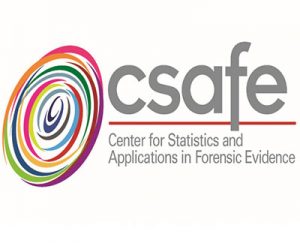Other than DNA testing, almost all of the currently used forensic sciences have not been rigorously tested and supported by scientific principles. In spite of this, prosecutors and judges continue to allow forensic experts to testify based on sciences that may later prove to be unreliable. When hair comparison analysis was found to be unreliable and the FBI hair analysts were found to give a erroneous testimony in the overwhelming majority of cases, many courts and law enforcement agencies were slow to respond. Many defendants were not told that their convictions were based upon a debunked science and innocent defendants, such as Santae Tribble, continued to languish in jail, unaware of the errors made. However, some jurisdictions and la enforcement agencies took extra measures to assist defendants whose convictions may have been tainted by waiving any procedural barriers to appeals and taking extra measures to notify the affected defendants. Professor Garrett recommends the following measures should be taken if an area of forensic science is found to be unreliable:
- Statutory triggers to require audits of tainted crime lab evidence
- Vigorous affirmative efforts to notify clients of the unreliable forensic evidence
- Meaningful access to discovery including transcripts, lab notes, etc.
- Allowing DNA testing when samples are available in a case
- Hearings in which the burden is shifted to the government to prove that the case was not affected by tainted forensic evidence
- Waiving procedural barriers to appeals
http://www.americanbar.org/publications/litigation_journal/2015-16/summer/bad_hair_legal_response_mass_forensic_errors.html


Leave a Reply